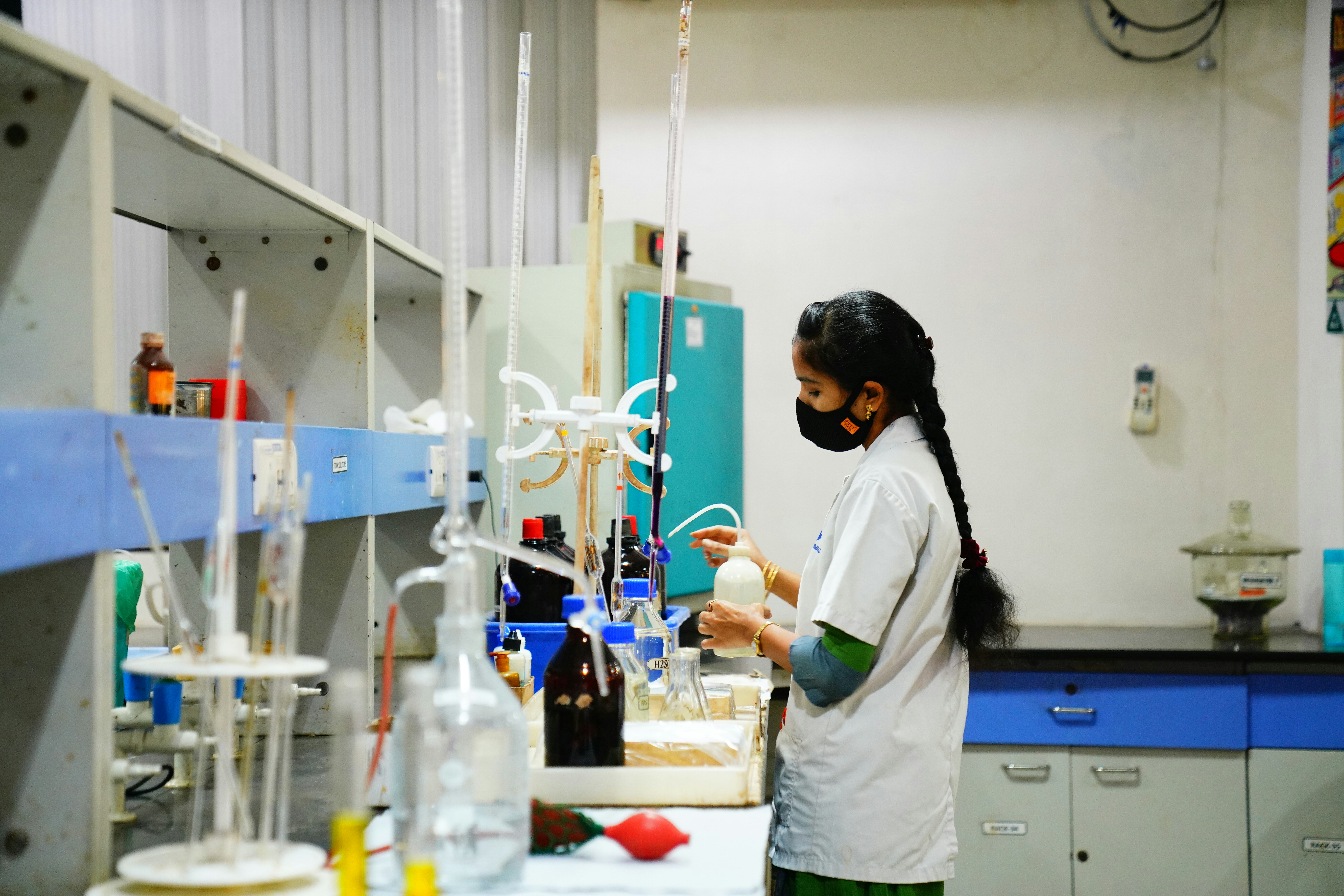
Embarking on a career as a scientist is an exciting and rewarding journey that requires dedication, passion, and a commitment to lifelong learning. The path from the classroom to the research lab is filled with challenges and opportunities for personal and professional growth. This article will examine the various stages an aspiring scientist undergoes, from education to the world of research, and the key experiences that shape their career.
The Foundation: Education and Curiosity
The journey to becoming a scientist often begins in the classroom. Early exposure to science subjects, such as biology, chemistry, physics, and mathematics, sparks curiosity and lays the foundation for further study. Aspiring scientists typically excel in subjects that foster critical thinking, problem-solving, and a thirst for knowledge.
During these formative years, students learn the basics of scientific inquiry, the scientific method, and how to gather and analyze data. The ability to ask the right questions and the drive to explore unknowns become crucial traits. It is also in the classroom where students first encounter the excitement of experimentation. Laboratory exercises provide the hands-on experience that forms the first real connection between theory and practice. These experiences often ignite a passion for scientific discovery, leading students to pursue advanced degrees and more specialized areas of study.
Pursuing Higher Education: Specialization and Mentorship
After completing undergraduate studies, aspiring scientists typically pursue graduate education in their chosen field of interest. Graduate school is where students begin to specialize in specific branches of science, such as molecular biology, environmental science, or physics. This phase is characterized by deeper learning and more independent thinking as students undertake rigorous coursework, conduct research projects, and engage in thesis work.
Graduate students are often mentored by professors and researchers who guide them through the research process. They learn to design experiments, conduct data analysis, and interpret results, all while building expertise in their chosen field. The opportunity to collaborate with other researchers and attend conferences provides invaluable exposure to new ideas, methodologies, and technologies. During this time, students not only acquire technical skills but also develop the critical thinking and problem-solving abilities necessary to address complex scientific questions.
From Classroom to Lab: The Transition to Research
After years of education and training, the transition from the classroom to the research lab is both exciting and challenging. The research lab is where theoretical knowledge is put into practice. Aspiring scientists are now expected to contribute original ideas, conduct experiments, and publish their findings. This transition requires a shift in mindset from being a student learning from others to becoming a contributor to the scientific community.
In the lab, scientists must develop strong technical skills and familiarity with the tools and instruments required for their research. Whether using microscopes to examine cells or computer models to simulate experiments, the ability to use advanced technology effectively is essential. Scientists also need to maintain a meticulous and organized approach to their work, documenting every step of the research process to ensure reproducibility and accuracy.
The learning curve can be steep, as the complexities of real-world problems often exceed what is taught in textbooks. However, this is also where much of the excitement of scientific discovery takes place. Researchers continually push the boundaries of knowledge, testing new hypotheses and exploring previously uncharted territories.
Overcoming Challenges: The Importance of Persistence
The road to becoming a successful scientist is not always smooth. Challenges, such as research setbacks, failed experiments, and the pressure to publish, are common. However, the ability to persevere through these difficulties is what distinguishes successful scientists. Science is often a process of trial and error, and failure is an inherent part of the journey.
Aspiring scientists learn to view setbacks as opportunities for learning and growth. The key to overcoming obstacles is persistence, adaptability, and the willingness to approach problems from different angles. Mentorship plays a vital role at this stage, as experienced researchers offer guidance and help younger scientists navigate the challenges of the research world. Building resilience is essential to maintaining motivation and continuing the pursuit of scientific progress.
The Rewarding Career: Making an Impact
Once an aspiring scientist has transitioned into a full-fledged researcher, the possibilities are endless. Whether working in academia, industry, or government, scientists have the opportunity to make meaningful contributions to society. Research conducted by scientists can lead to groundbreaking discoveries in medicine, technology, environmental science, and numerous other fields.
The impact of a scientist’s work often extends far beyond the laboratory. Their discoveries can influence policy, improve public health, or drive technological innovation. The satisfaction that comes from solving complex problems and contributing to the betterment of society is one of the most significant rewards of a scientific career. Additionally, scientists are constantly learning and adapting, making their careers intellectually stimulating and fulfilling.